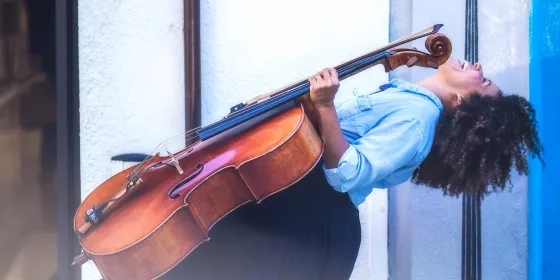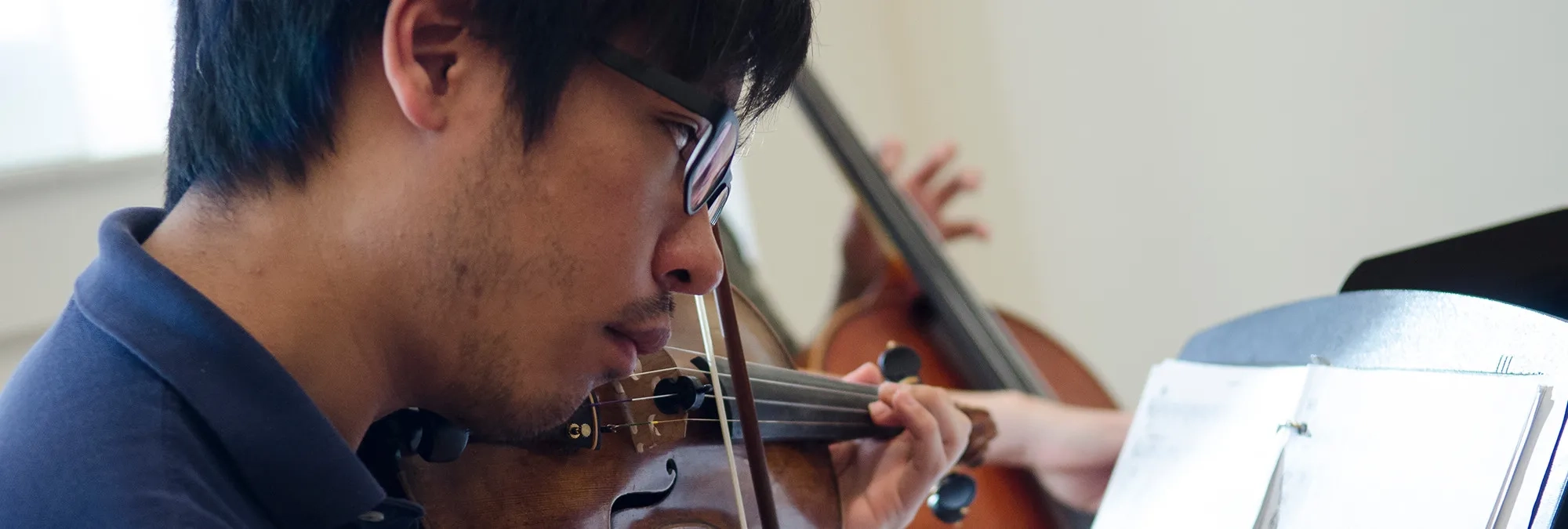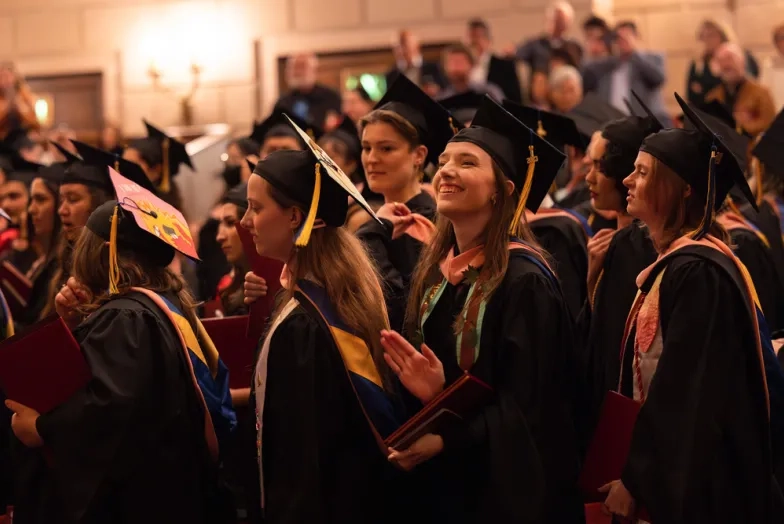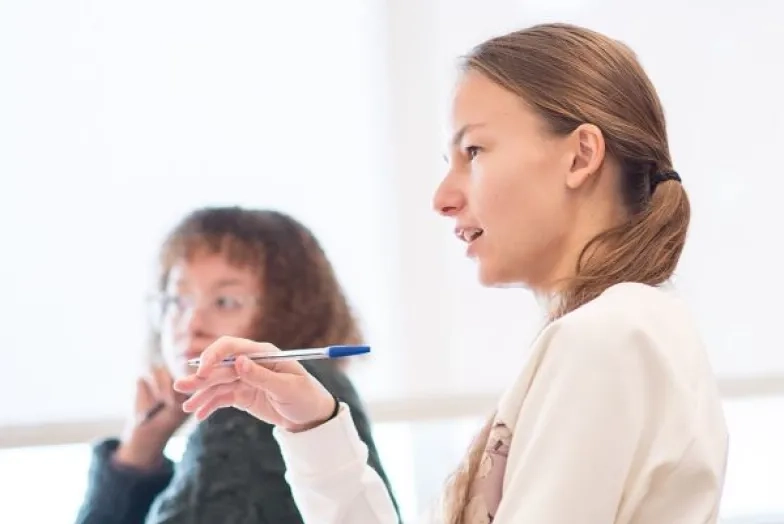Graduate Programs
Deepen your expertise and refine your artistry.
Master of Music
A degree track at the master’s level with a dynamic, two-year course of study that allows for professional development and artistic refinement.
The Master of Music degree program readies you for life as a professional musician, teacher, entrepreneur, and critical thinker. During this two-year course of study, you’ll learn how your training broadens your options, and you’ll refine the skills you need to launch a successful career. You’ll hone your craft, explore the relationship between artistic freedom and a rewarding career path, and further develop the attributes that make you who you are as a musician and person.
Advanced Certificate Program
The Advanced Certificate program is a one- or two-year program focusing on private lessons, performance classes, and humanities courses at the graduate level.
The Advanced Certificate is for students who have already earned a Bachelor's degree. It is designed as an entry point for the Master of Music degree program for students who have not met the minimum English proficiency score for the Master of Music. The first year of the Advanced Certificate will be an immersion in English language learning in preparation for entering the Master of Music program beginning the second year. With credits from the Advanced Certificate year transferring into the Master of Music, the student will complete the degree within two years. Should a student choose not to transfer to the Master of Music program, or they have not met the requirements for English proficiency, the second year of the Advanced Certificate program is meant as an intensive study of their instrument through ensemble playing and performance opportunities.
The Advanced Certificate is also designed for students with a Bachelor's degree who want to spend additional time focusing on performance skills without the full academic requirements of a Master of Music. Note that admission to the Advanced Certificate is limited. We strongly encourage applicants to look at applying to the Master of Music program first.
If you would like more information on the Advanced Certificate program please contact nccyl@fspz.rqhude.mcfs@ylppa .
You may find statistic and disclosure information on all non-degree programs on our Gainful Employment page.




